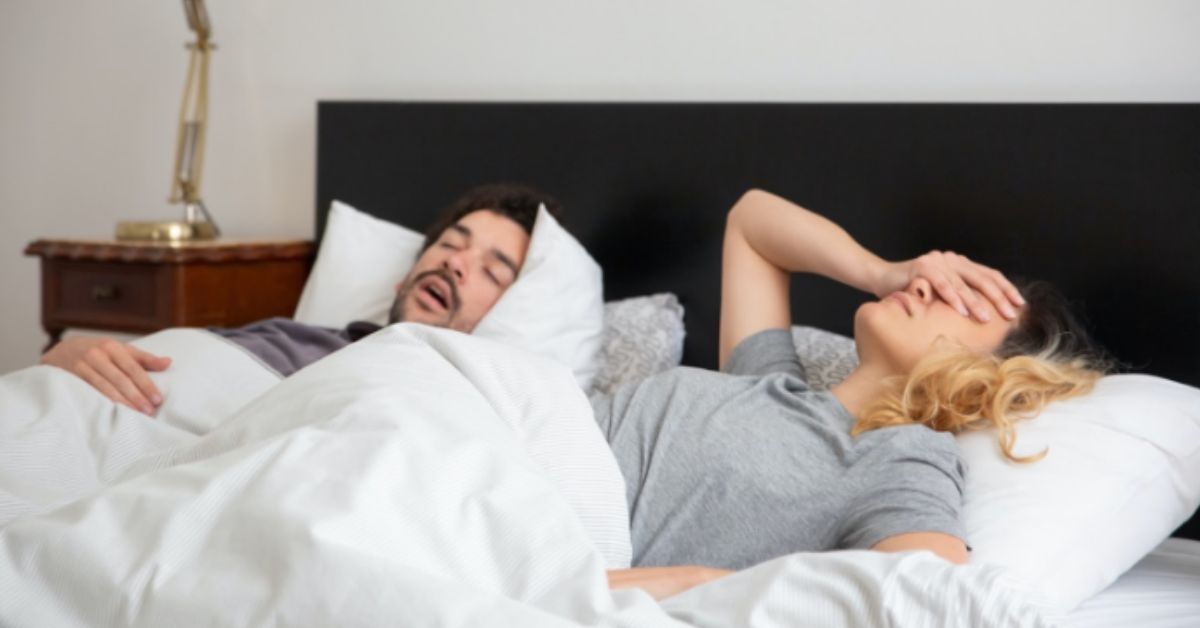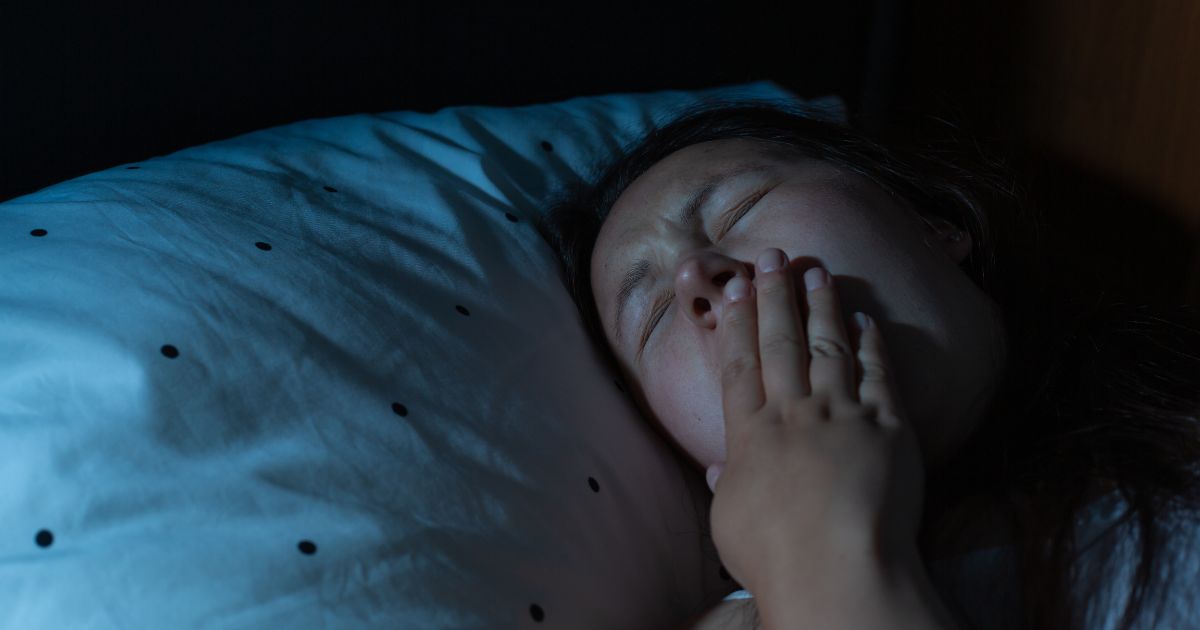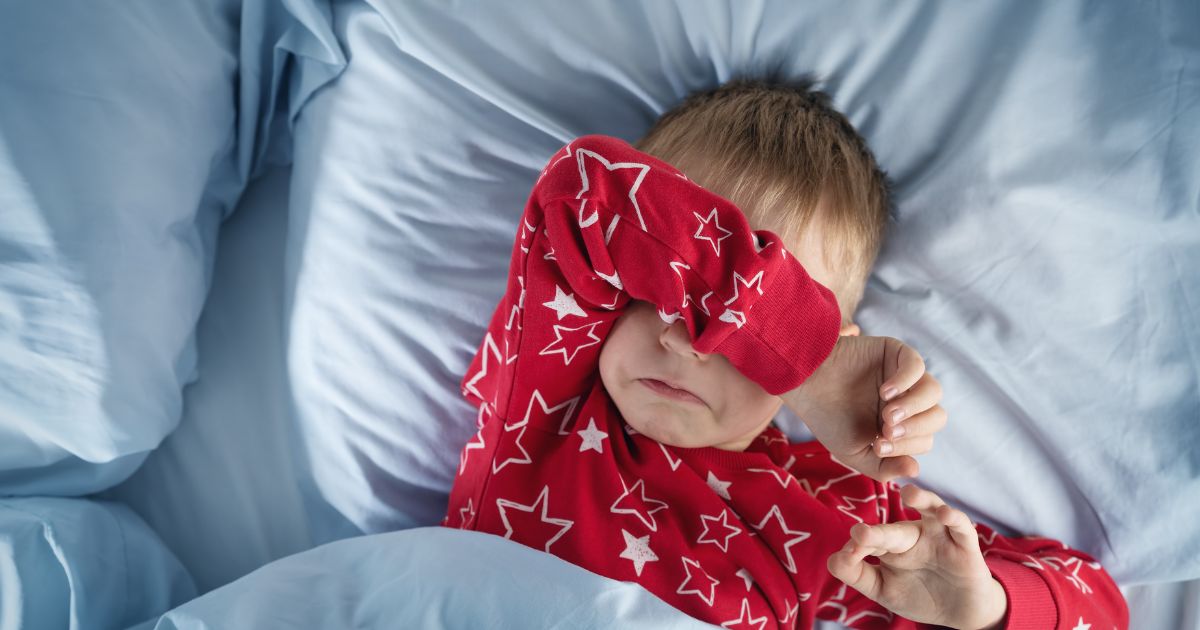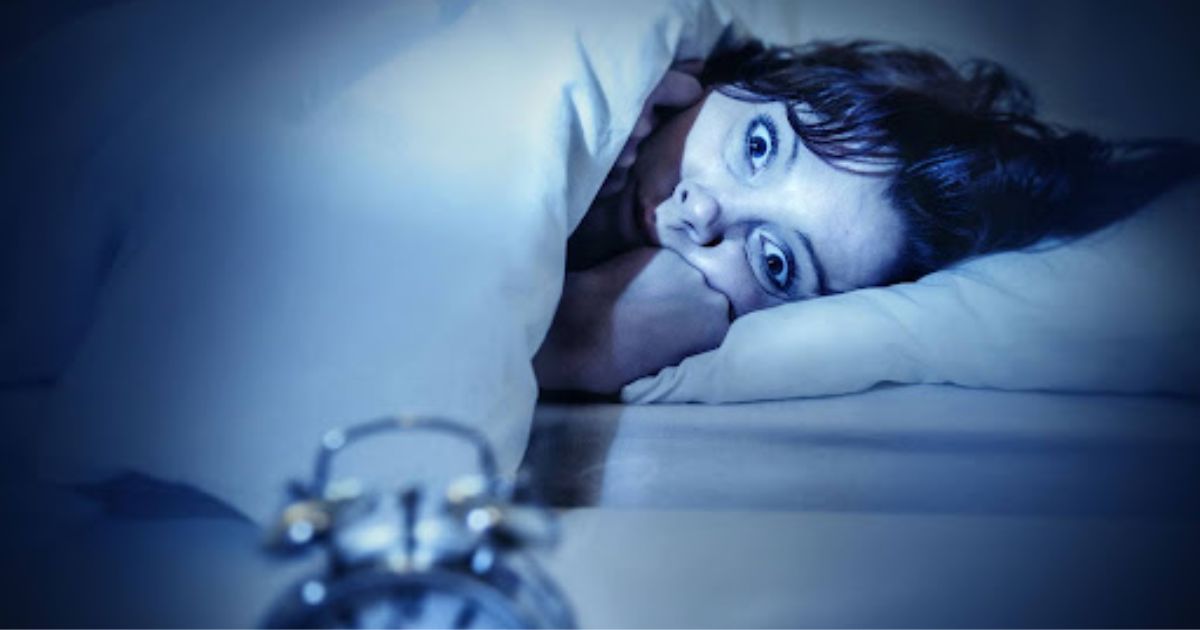What is the difference between having trouble sleeping and an actual sleep disorder? The answer is more complex than you’d think. When sleeping problems begin to interfere with your ability to function in daily life, it’s time to start thinking about talking to a doctor to figure out a diagnosis. After you get a diagnosis, finding the right treatment can be a challenge. However, with care from Dr. Nassar and Dr. Festic at the Jacksonville Sleep Center,
Signs You Might Need Treatment For A Sleep Disorder
According to the American Sleep Apnea Association, up to 70 million people from childhood to adulthood suffer from sleep-related problems. These could include anything from mild insomnia to more severe conditions that impede your ability to work, go to school, or do anything else you want to do. Often, these problems can go undetected for months, or sometimes years, before they are diagnosed and treated – causing other health issues. Some of the most common sleep disorders, and ones that the Jacksonville Sleep Center doctors are proficient in treating, are:
1. Sleep Apnea and Snoring. Snoring is a sign of sleep apnea, a condition where your airways become blocked – either partially or entirely.
2. Insomnia. If you have trouble falling or staying asleep, you may have insomnia. While it’s normal to wake up during the night or lay awake for lengthy periods sometimes, dealing with it all the time is not.
3. Narcolepsy. Narcolepsy is a neurologic condition where the brain cannot regulate sleep and wake cycles. You also may experience more frequent REM sleep.
4. Restless Leg Disorder (RLG). RLG is another neurologic condition that causes uncontrollable movements in the legs, often during sleep.
5. REM Sleep Disorders. When your REM sleep is disrupted, it causes symptoms like high blood pressure, slowed or quickened breathing, mental or physical paralysis, and intense dreaming.
Common Sleep Disorder Treatment
Because the average person spends almost a third of their life sleeping, it’s essential to ensure the sleep you’re getting is good quality. There are two main ways to treat sleep disorders:
Medical Treatments
Medications like sleeping pills can significantly improve the way you sleep. Natural supplements like melatonin, passionflower extract, lavender essential oils, or chamomile are also great options for people who want to avoid adding more prescriptions to their routine. Preventative measures like a CPAP machine, dental guards, or even surgical procedures may also be required to help treat your sleep disorder.
Lifestyle Changes
In addition to medications or procedures to treat sleep disorders, your doctor may recommend making lifestyle changes to reduce your risk of developing further symptoms. Implementing good sleep hygiene is one of the most significant changes you can make. Here are some tips:
- Eat a healthy diet full of fresh vegetables and fish that are low in sugar and carbohydrates
- Reducing or abstaining from tobacco, alcohol, caffeine, and drugs.
- Consuming only small amounts of liquids or food before you go to bed.
- Creating a regular exercise schedule (the recommended time is 30 minutes of moderate physical activity per day).
- Maintaining a bedtime routine to reduce stress, anxiety, or other mental health symptoms before you fall asleep.
Get treatment for your sleep disorders with Dr. Nassar and Dr. Festic!
At Jacksonville Sleep Center, we understand how intrusive sleep disorders can be. Getting sleep disorder treatment requires a thorough investigation into your physical and mental health, so you’ll need a care team that knows what they’re doing. Our board-certified sleep physicians are ready to help you tackle and treat your sleep problems.






